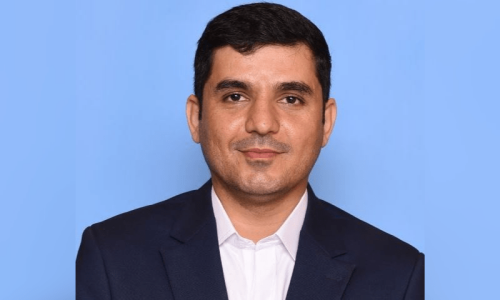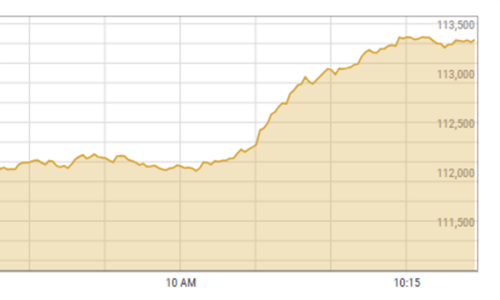THE legal system in the country is facing criticism not just due to poor implementation, but primarily because it has failed to adapt to the demands of the modern world.
The country continues to operate under a set of colonial and imperialist laws, and is burdened by lengthy and outdated procedures.
Courts in the country adhere to traditional and sometimes bewildering legal procedures, often without questioning the rationale behind them. This obsolete approach is largely the result of the legal fraternity’s reluctance to challenge the status quo.
Several glaring examples illustrate the system’s inefficiencies. Video recordings, despite being verified, are still considered weak evidence in the courts. Civil suits cannot commence until the other party physically receives a court notice, adding unnecessary delays. Even minor typographical errors or jurisdictional issues can lead to the dismissal of a case.
Shockingly, some lawyers with limited legal knowledge but with fluent articulation, particularly in English, or possessing alien bar credentials are treated as legal authorities in the country, including the national media.
Besides, the influence of bar politics on a lawyer’s success is inexplicable, creating an unnecessary barrier to entry. Additionally, classism and discrimination persist within the bar fraternity.
The lower judiciary’s recruitment process prioritises rote memorisation of legal sections and procedures over a genuine understanding of the law’s essence. This outdated approach hampers the development of a more progressive legal system.
Even the police department, which happens to be an integral part of the overall justice system, still recruits and promotes people on the basis of methods established by the colonial masters nearly two centuries ago. This leads to the presence of incompetent in critical stages of case investigation who rely on outdated procedures, and delay the dispensation of justice.
In essence, our legal system remains a relic of the colonial rule, impeding the nation’s progress. It is time to go for comprehensive reforms to bring the legal framework in line with the require- ments of the modern era, and to ensure equal access to justice for all citizens without any sort of discrimination.
Naveed Zaman Khuhro
Deputy District Attorney, Karachi South
Karachi
Published in Dawn, November 7th, 2023










































Dear visitor, the comments section is undergoing an overhaul and will return soon.